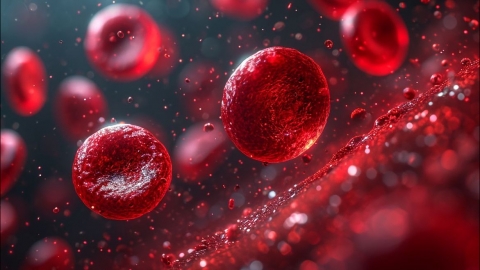How many milliliters of blood does a normal person donate at one time?
Generally, a normal person usually donates 200-400 milliliters of blood at one time. Blood donation should be conducted at a formal hospital. The detailed explanation is as follows:

Generally speaking, a healthy adult can donate 200, 300, or 400 milliliters of blood at one time. Individuals with greater body weight have more blood in their bodies, so the volume of blood donated at one time can be correspondingly increased. For those weighing less than 60 kilograms, it is recommended to donate 200 milliliters per donation; for those weighing more than 60 kilograms, 300 or 400 milliliters may be donated at one time, but typically not exceeding the upper limit of 400 milliliters. The total volume of blood in the body of an adult accounts for approximately 7%-8% of body weight. Appropriate blood donation will not affect health; rather, it can stimulate bone marrow hematopoiesis and enhance blood vitality.
Prior to donating blood, it is important to ensure adequate sleep and maintain a light diet, avoiding donating on an empty stomach. One should also refrain from drinking alcohol or staying up late the previous night. During the donation, individuals must truthfully inform the medical staff of their health condition. After donating blood, pressure should be applied to the needle site for 10-15 minutes to prevent bleeding. Strenuous exercise and contact with untreated water should be avoided on the same day to prevent infection. If symptoms such as dizziness or fatigue occur, one should rest promptly and seek medical attention if necessary.




